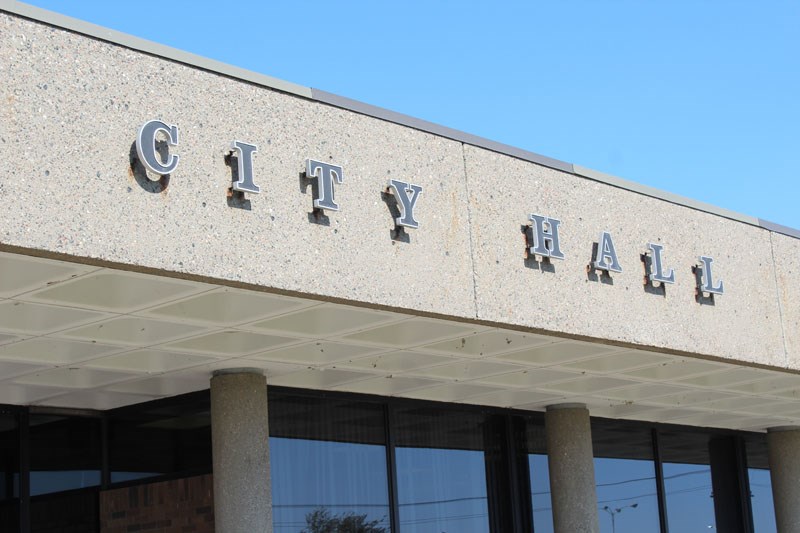To think that the negotiations between Vale Manitoba Operations, the City of Thompson and other interested parties are going to be anything like a fair fight is to be sorely mistaken.
Basically when it comes to deciding how much the mining company is going to pay in lieu of property taxes, which it doesn’t pay because it is outside of city limits, an arrangement that Vale’s precursor Inco sought in the 1956 agreement that led to Thompson being established, all the advantages lie with Vale.
The minimum amount that the company has to pay is much less than what it has been paying, even if that amount was reduced over the past four years, which doesn’t give the city much leverage as it tries to bargain as much money as possible out of Vale. if the city doesn’t like what the company decides is their final and best offer, there isn’t exactly a lot they can do. They can’t turn it down in favour of the lower mandated amount. Well, they could, but that wouldn’t make any sense since that would result in them getting even less money. At the end of the day, they really just have to grit their teeth and take it, even if it is far short of what they think thee city needs, or what is fair.
Vale obviously doesn’t want to play hardball too hard when it comes to negotiating with the city. For one thing, it doesn’t really look good for a department of a large multinational mining company to bully a relatively small municipality. As well, since their employees live in the city and pay taxes here, they don’t want to be so miserly that the city has to jack up taxes a bunch or reduce services by an equivalent amount and make their employees feel like Thompson isn’t a good place to stick around. And honestly, the city already has enough non-monetary problems – remoteness, weather, cost of living, crime, addictions, litter, lack of recreational options – that it can already be tough to convince people to move here and stay here.
On the other hand, Vale doesn’t want to feel like it’s overpaying either, even if few citizens of Thompson would feel the same way about what they are providing. And given how things have changed even since the last grant-in-lieu agreement was hammered out four years ago, that doesn’t seem too likely to happen, as Vale will likely make its offer commensurate with the size of its workforce. Prior to 2018, when the city was getting $6 million a year from Vale, the company had a workforce of 1,500 or so employees, union and non-union combined. By the time the current agreement took effect around Jan. 1, 2018 (it was approved by council a couple of days after New Year’s) that number had dropped to about 850, then went down even further when the smelter and refinery permanently closed later that year. With fewer than 600 unionized hourly employees left now, the total number of workers has probably shrunk by one-quarter to one-third since the previous agreement was signed, which means that $3 million per year, which was the funding floor the last time around, could be the ceiling this time.
If Vale’s mining expansion in Thompson works out and the price of nickel goes up and electric vehicles take off and batteries for them become a hot commodity, it is possible that Vale could feel more generous when the next council has a chance to negotiate the grant-in-lieu after this. But expecting the city to come away with an amount equal to what it has had for the last four years is probably a pretty good way to end up disappointed.




